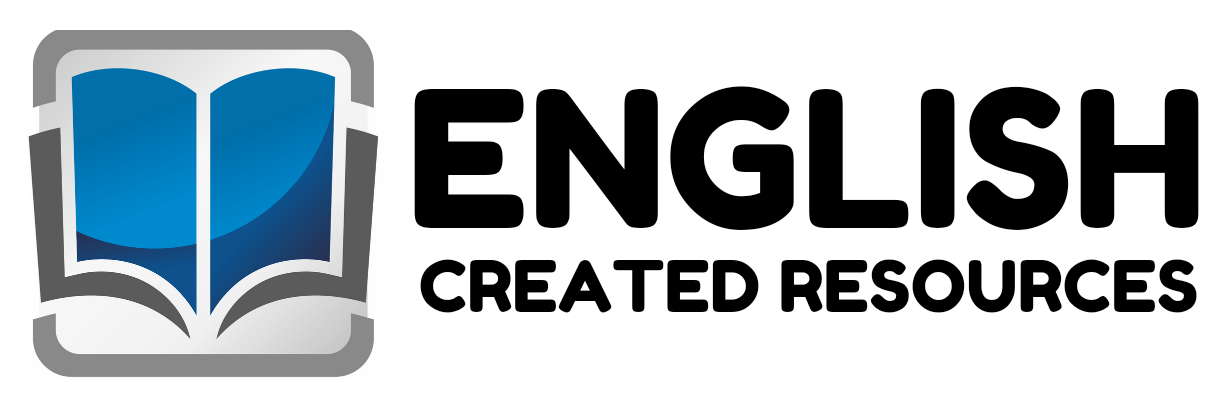
Tracing can help children develop fine motor skills, which can aid them with other tasks, such as learning to write. It also helps students with developmental disabilities to develop math and language skills. Other benefits of tracing include improvement in hand/eye coordination, dexterity and spatial awareness.
For children who are ready to start writing letters of the alphabet, tracing the letters can be a good way to memorize them and learn to write them clearly. Some worksheets offer dot-to-dot letter patterns; others feature lightly-inked solid-line letters for tracing. Illustrated tracing worksheets can help children build early phonics skills; for example, a letter A tracing worksheet might feature a drawing of an apple.
Children can learn to draw objects by tracing those objects with their fingers. For example, before drawing a picture of an apple, a child may first trace the fruit with her finger. She can practice tracing that shape in the air before trying to replicate the pattern on paper. Tracing art subjects in this way helps children recognize details, such as whether the subject is straight or curved, smooth or rough. This familiarity can help build a child’s confidence as an artist.
Tracing is a powerful way to practice fine motor control. Toddlers are just starting to enter the emergent writing period, when they begin to understand that writing is another way to express their thoughts. However, they don’t yet have the fine motor strength and control to write letters.
Simple activities, such as tracing lines and shapes, can build strength and coordination between your toddler’s fingers, hands, and wrists. The more he practices, the better he’ll become at grasping his writing utensil and controlling his movements.
Learning to write by hand takes every child a long time and lots of practice. A large part of it has to do with gaining control over the arm, hand and finger movements that are necessary to form numbers and letters. Tracing can help your child practise the skills necessary for writing.
Trace around things you have in the house like saucers, coins, toy bricks, biscuit cutters and so on. Trace around one of their own hands, or someone else’s hand – compare the size of child and adult hands. You can buy stencils in stationery and toy shops with shapes your child can trace.
English Created Resources prides itself on providing everything a learner needs to improve the level of English. Our website aims to provide all the required materials for English Language Teachers and Learners to help them master and improve their English, help their pupils master all the required skills.
Such materials are provided for free download to be available always for learners around the world. You can find English ESL worksheets for home learning, online practice, distance learning and English classes.
Our Website helps you to give your child a boost using our free, printable worksheets. You will be able to help your child with his grammar skills with our printable worksheets that focus on using and punctuation, Reading & writing.
Such Worksheets are a useful learning tool for kids who are trying to write or want to practice their language skills at home.
Through our website, teachers will be able to help their children improve both their written and spoken English.
We provide materials related to all the different skills. Our reading Comprehension Worksheets help students to master reading and writing skills. There are also questions to measure pupils’ understanding and help teachers evaluate their pupils easily.
Samples From the Worksheet


Our Website helps you to give your child a boost using our free, printable worksheets. You will be able to help your child with his grammar skills with our printable worksheets that focus on using and punctual tion, Reading & writing.
Such Worksheets are a useful learning tool for kids who are trying to write or want to practice their language skills at home.









